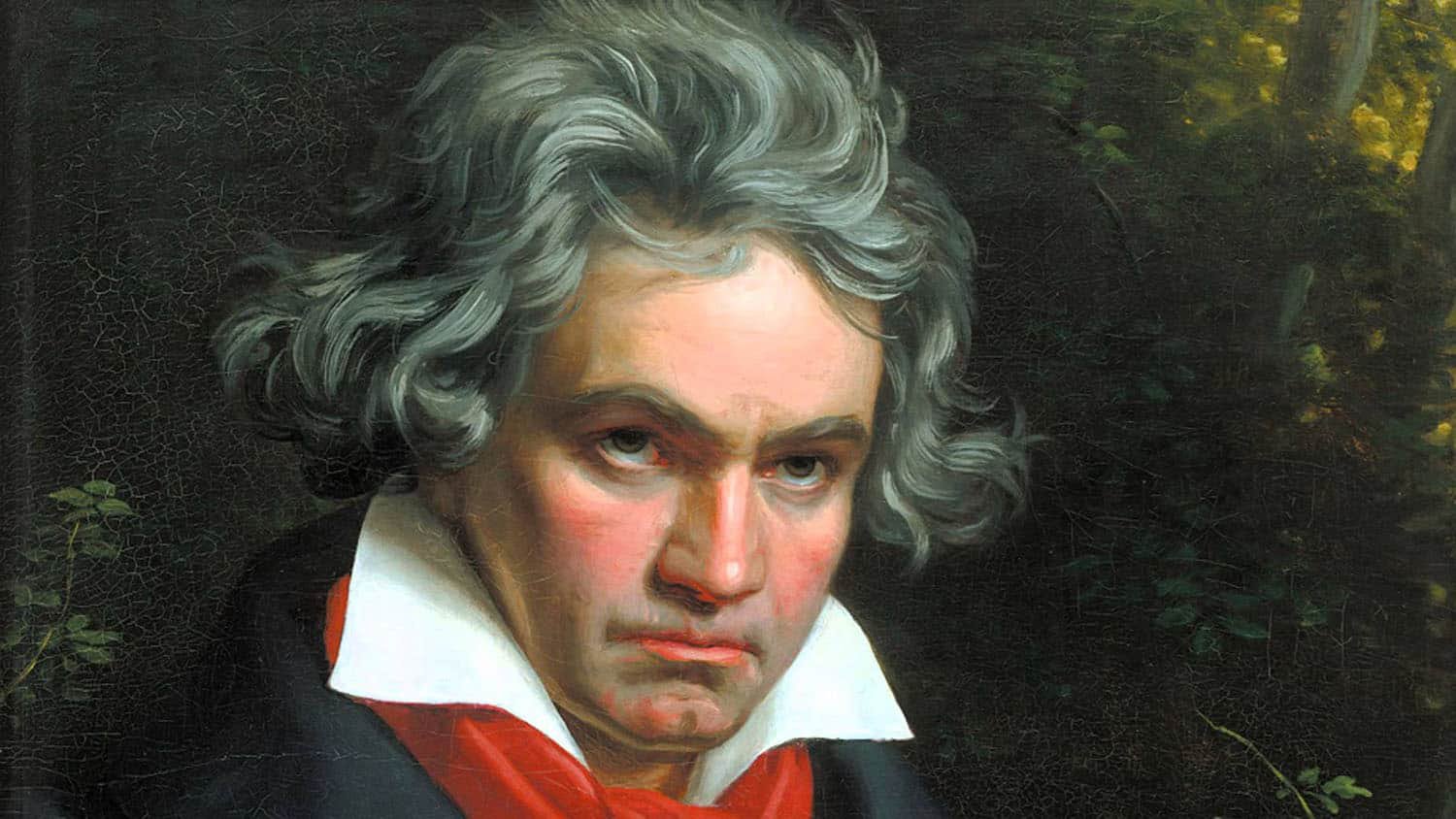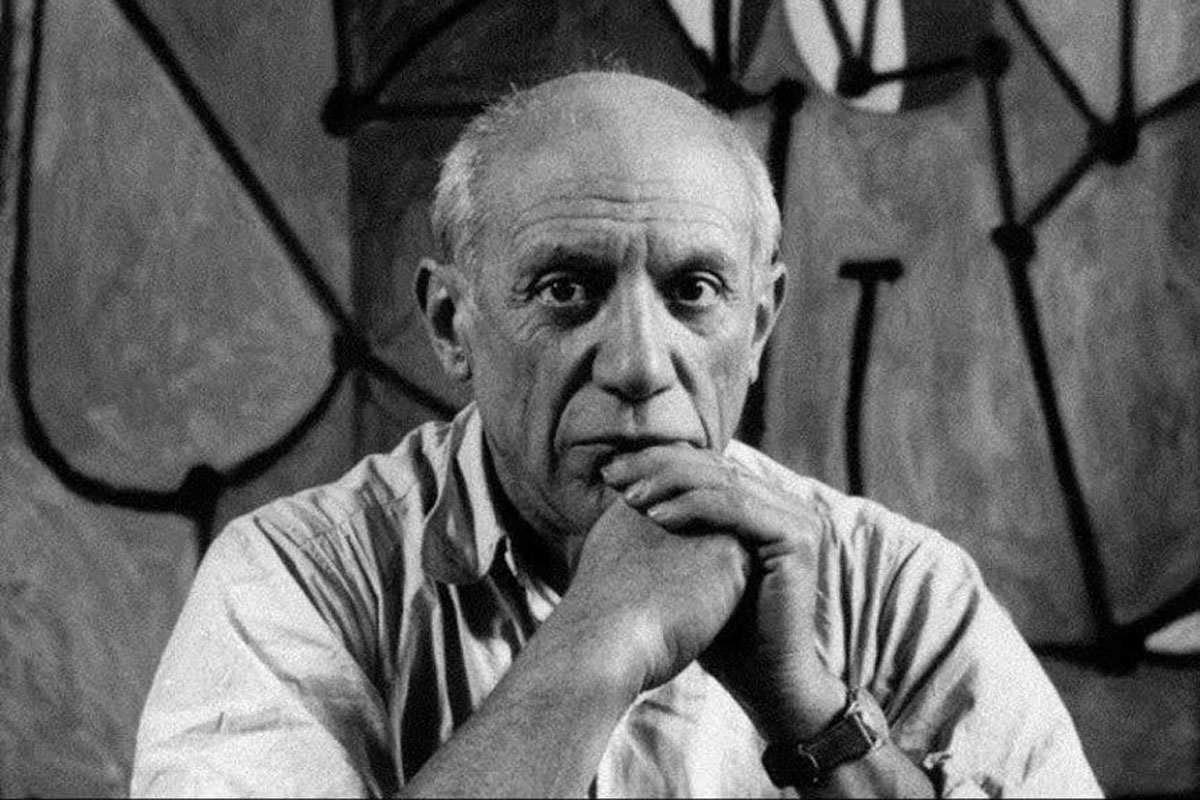This series of articles seeks to examine the character attributes of highly successful leaders, regardless of their adherence to a strong faith or moral standard. In presenting these thoughts, Leadership Ministries is not agreeing with or advocating these traits or practices, but rather presents these as ideas for discussion and development in your own leadership journey.
Abraham Lincoln (1809-1865) was the sixteenth President of the United States. He held office during the Civil War, issuing the Emancipation Proclamation and ending the practice of slavery in this country. His election angered those in the south and split the country. Eleven states broke away and formed the Confederate States of America. The war between the northern and southern states lasted four years and took 618,000 lives. Just five days following the Union victory in the war, Lincoln was assassinated while attending a play at Ford’s Theater on April 14, 1865. He is considered by many to be America’s greatest President.
Lincoln’s mother died when he was nine. His sister Sarah died at 21 during childbirth. Lincoln did not like life on the family farm, but he loved to read.[1] He served in the Illinois state legislature from 1934 to 1842 and the US House of Representatives from 1847-1849, becoming a leading member of the Republican party. He ran for President in 1860 and won. Lincoln was married in 1842. He was an affectionate husband and father of four sons. So much has been written of Lincoln’s life and leadership. Here are just a few leadership characteristics that he embodied.
Lincoln’s childhood home, a small farm in Indiana. Photo: Lincoln Library
Value unity. Lincoln was the first Republican president and his victory was entirely due to his support in the North and West. No ballots were cast for him in 10 of the 15 Southern slave states. Though Lincoln is best known for abolishing slavery during this tenure, he did not initially support that view for the southern states, wanting instead to preserve the union. He felt he could negotiate an equilibrium, stating, “One section of our country believes slavery is right and ought to be extended, while the other believes it is wrong and ought not to be extended. This is the only substantial dispute.” To the southern states he said in his inaugural address, “We are not enemies, but friends. We must not be enemies.”[2]
In 1861, Lincoln called on the states to send a total of 75,000 volunteer troops to recapture forts, protect Washington, and “preserve the Union”, which, in his view, remained intact despite the seceding states. Lincoln sought to win the war, but also felt that bringing the nation back together was the ultimate goal. He held his political allies together during his second presidential run, winning re-election in 1864. At his second inaugural address he famously said, “With malice toward none; with charity for all; with firmness in the right, as God gives us to see the right, let us strive on to finish the work we are in; to bind up the nation’s wounds; to care for him who shall have borne the battle, and for his widow, and his orphan—to do all which may achieve and cherish a just and lasting peace, among ourselves, and with all nations.”
When a general asked Lincoln how the defeated Confederates were to be treated, Lincoln replied, “Let ‘em up easy.” Lincoln was determined to find meaning in the war in its aftermath and did not want to continue to outcast the southern states. His main goal was to keep the union together, so he proceeded by focusing not on whom to blame, but on how to rebuild the nation as one.
Speak clearly about what you believe in. Lincoln was a great orator. He was selected to run for US Senate in 1858. After his nomination he delivered his House Divided Speech, with the biblical reference Mark 3:25, “A house divided against itself cannot stand. I believe this government cannot endure permanently half slave and half free. I do not expect the Union to be dissolved—I do not expect the house to fall—but I do expect it will cease to be divided. It will become all one thing, or all the other.” During his campaign he participated in a series of seven debates with Stephen Douglas. These were the most famous political debates in American history; they had an atmosphere akin to a prizefight and drew crowds in the thousands.
Lincoln’s most famous speech, the Gettysburg Address, at the dedication of a battlefield cemetery in 1863, was just three minutes long and contained 272 words. He deftly defined the Civil War conflict as one of a nation “conceived in liberty and dedicated to the proposition that all men are created equal”. He declared that the deaths of so many brave soldiers would not be in vain, that slavery would end, and the future of democracy would be assured. Defying his prediction that “the world will little note, nor long remember what we say here”, the Address has become the most quoted speech in American history.
Lincoln’s second inaugural address at the Capitol. He is well known for his speaking skill. Photo: The White House
See it through. Though Lincoln initially would have allowed some slavery to continue in the southern states, following succession and the onset of war, he moved quickly to make the elimination of slavery the paramount goal of the war. Some leaders argued that emancipation was a stumbling block to peace and reunification. Privately, Lincoln concluded that the Confederacy's slave base had to be eliminated. On January 1, 1863, Lincon issued the Emancipation Proclamation, freeing the slaves in 10 states not then under Union control. Lincoln’s comment on signing the Proclamation was: “I never, in my life, felt more certain that I was doing right, than I do in signing this paper.”
After implementing the Emancipation Proclamation, Lincoln increased pressure on Congress to outlaw slavery throughout the nation with a constitutional amendment. He declared that such an amendment would “clinch the whole matter” and in January 1865 an amendment was passed in Congress. He also signed the Freedmen’s Bureau bill that set up a temporary federal agency designed to meet the immediate needs of former slaves.
The late President. After his assassination, the late President lay in state. The casket containing Lincoln’s body traveled for three weeks on the Lincoln Special funeral train. The train stopped at many cities for memorials attended by hundreds of thousands. Historians emphasized the widespread shock and sorrow. Lincoln was buried at Oak Ridge Cemetery in Springfield, Illinois, and now lies within the Lincoln Tomb.

































Orville and Wilbur Wright were two American aviation inventors who are credited with the world first successful airplane. They made their first controlled flight in December 1903 in Kitty Hawk, North Carolina.